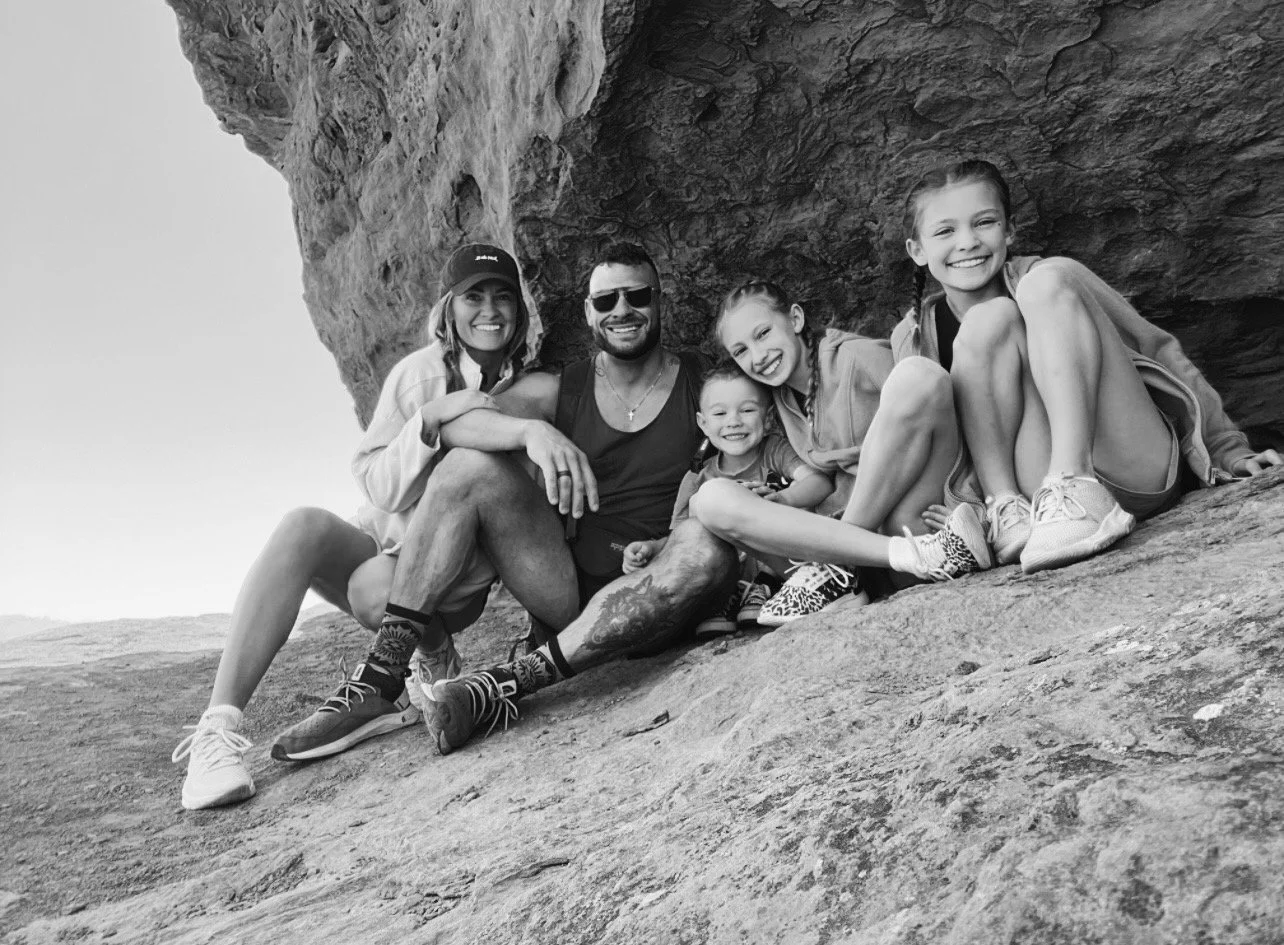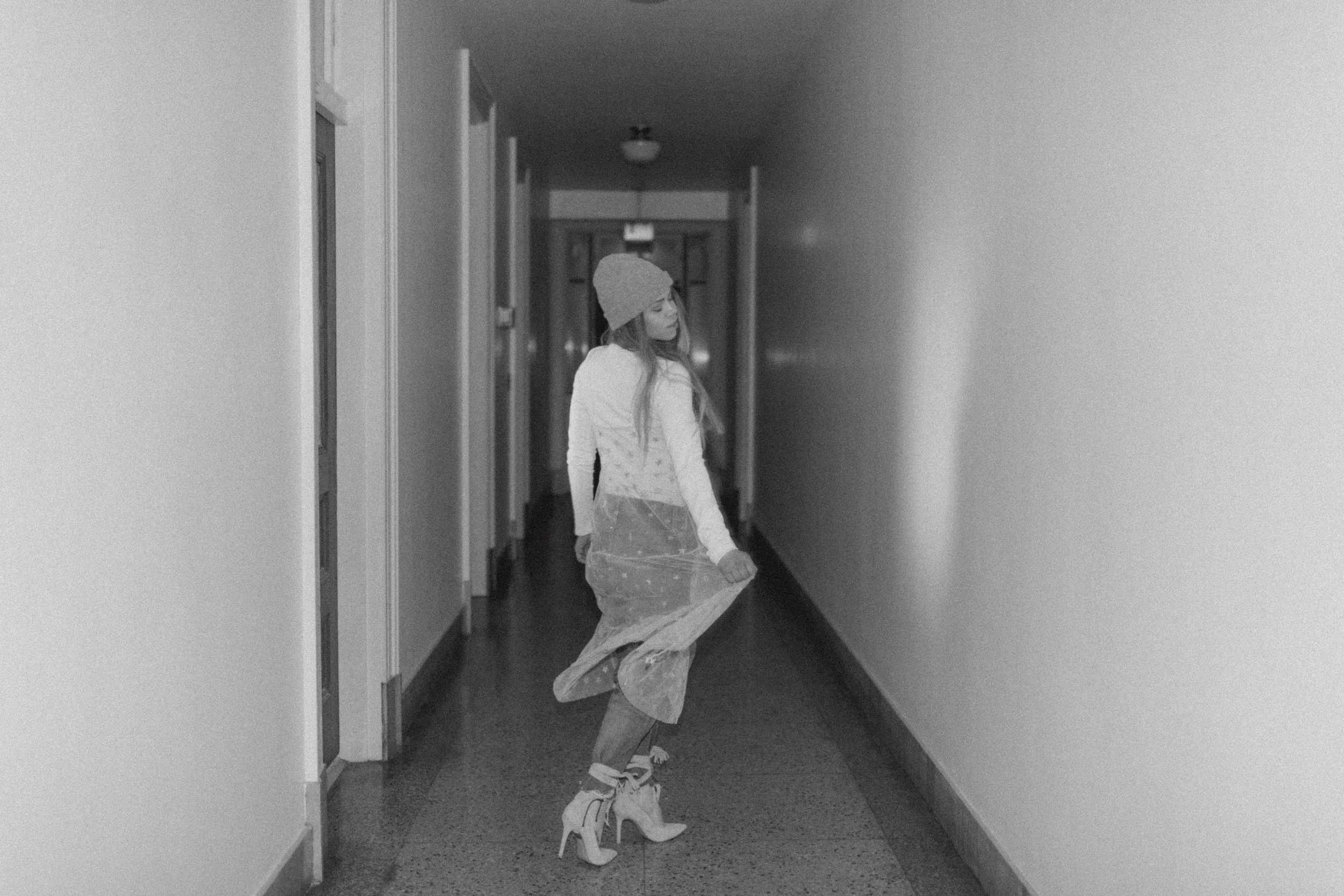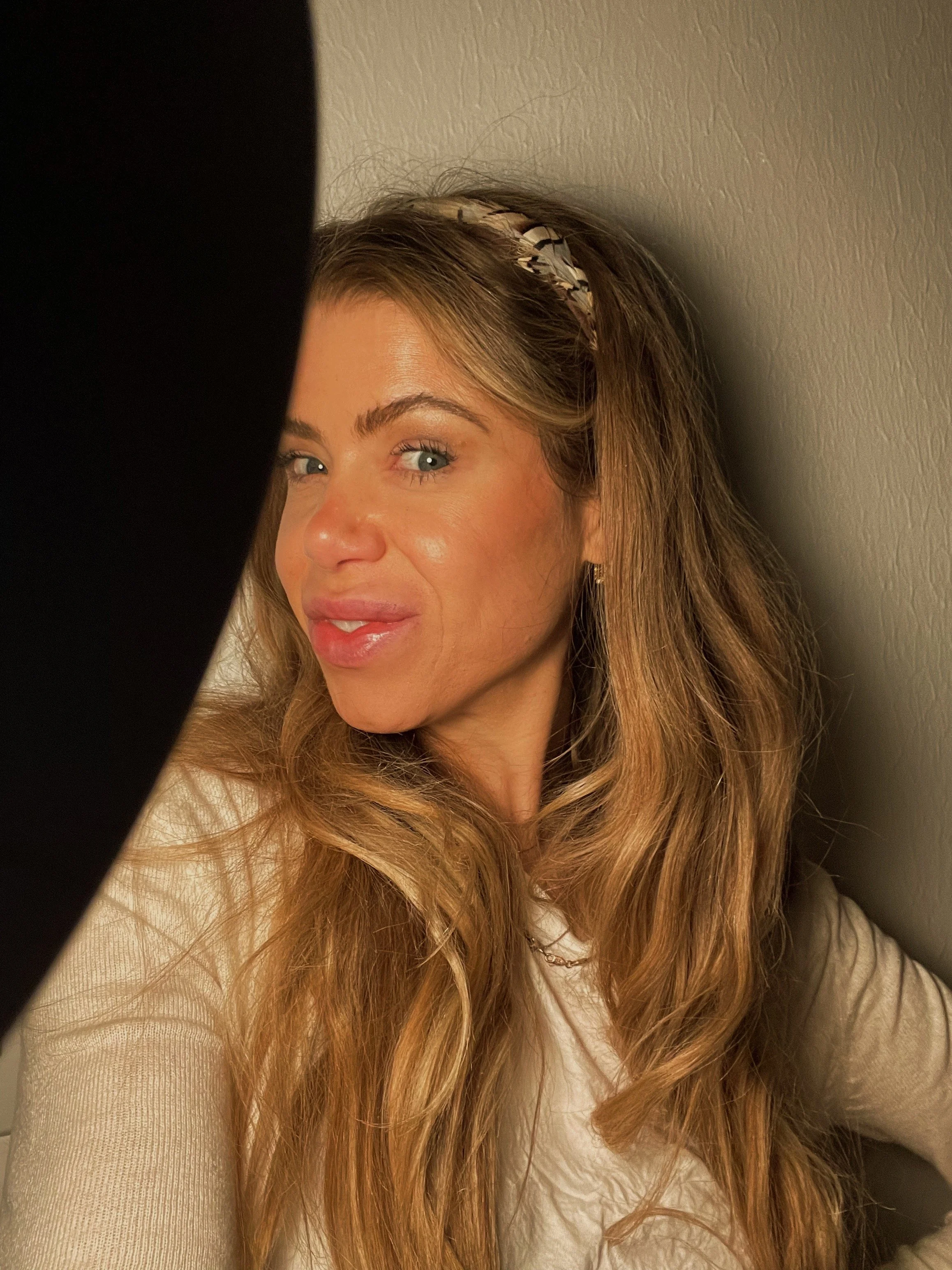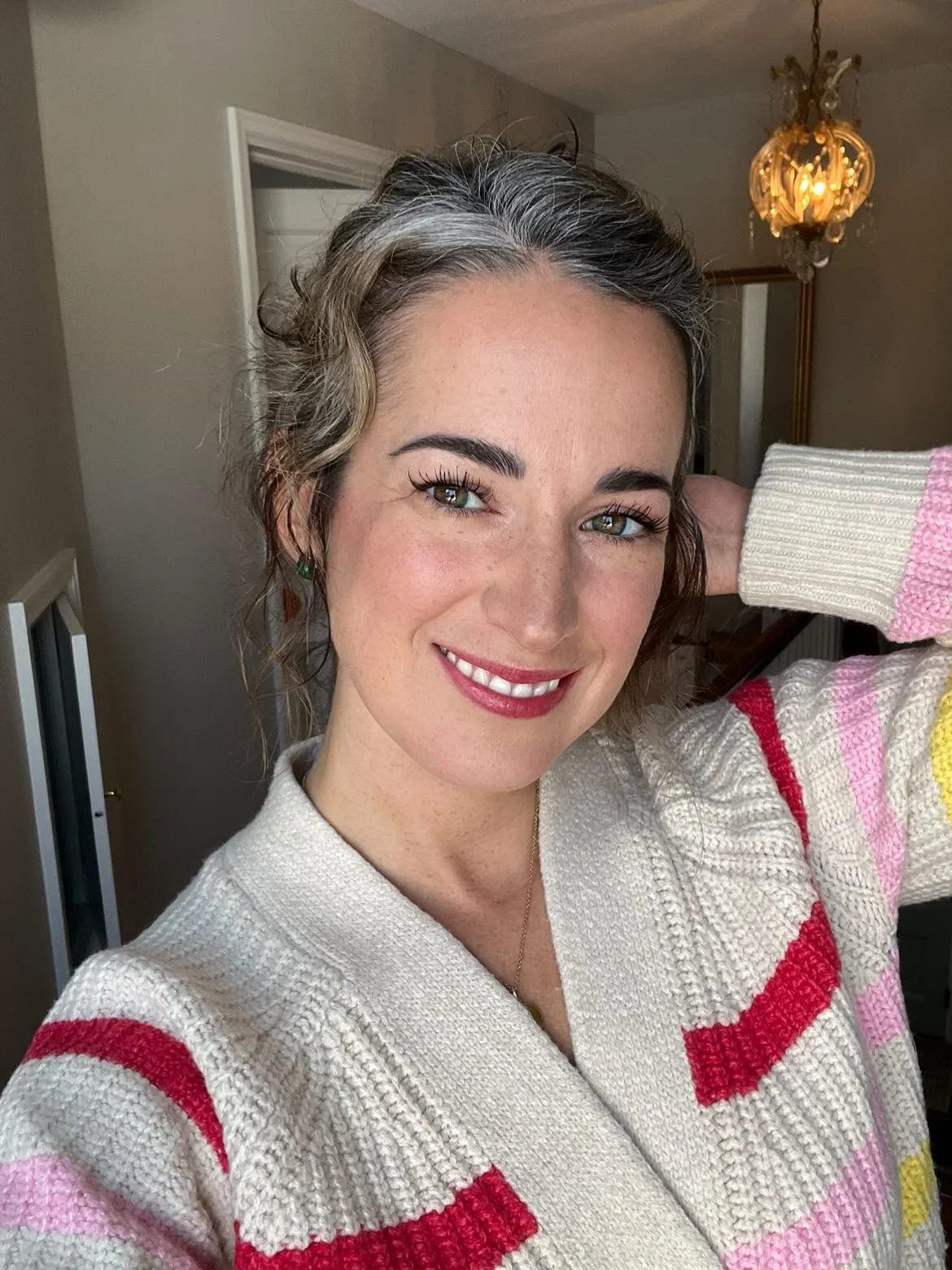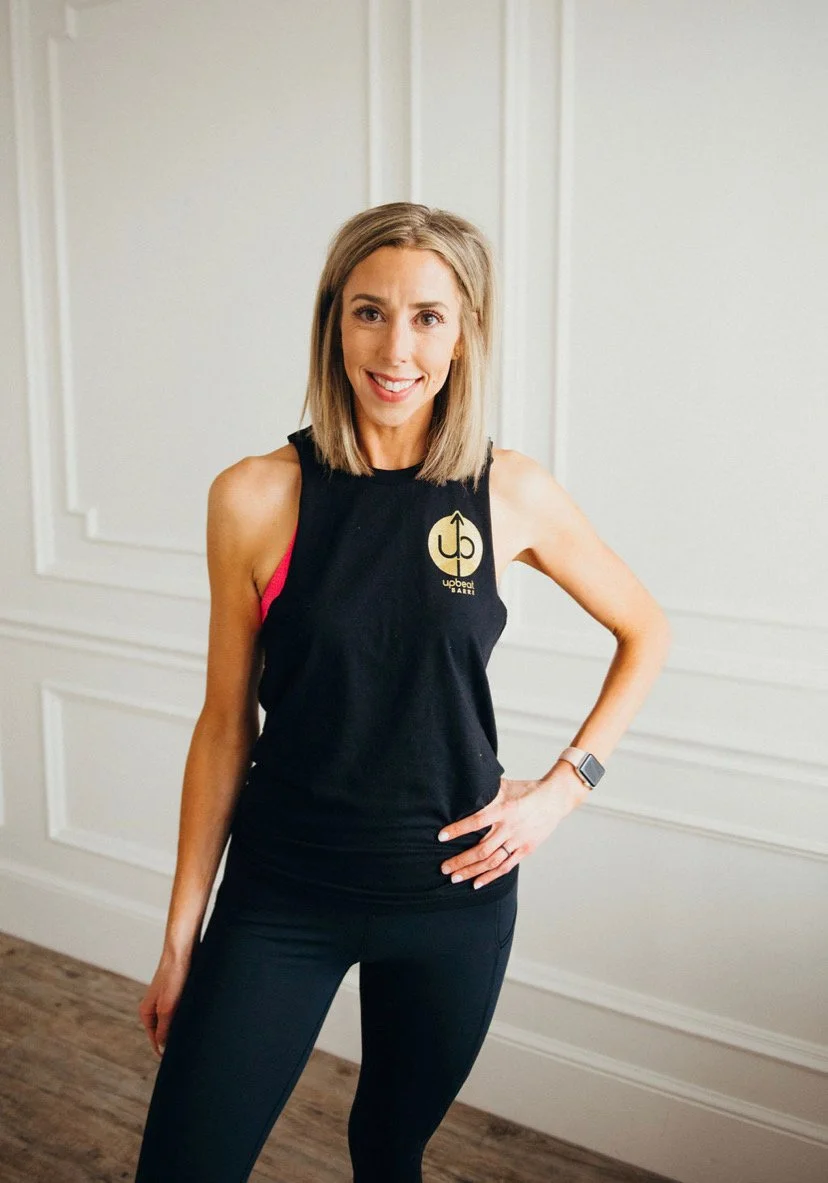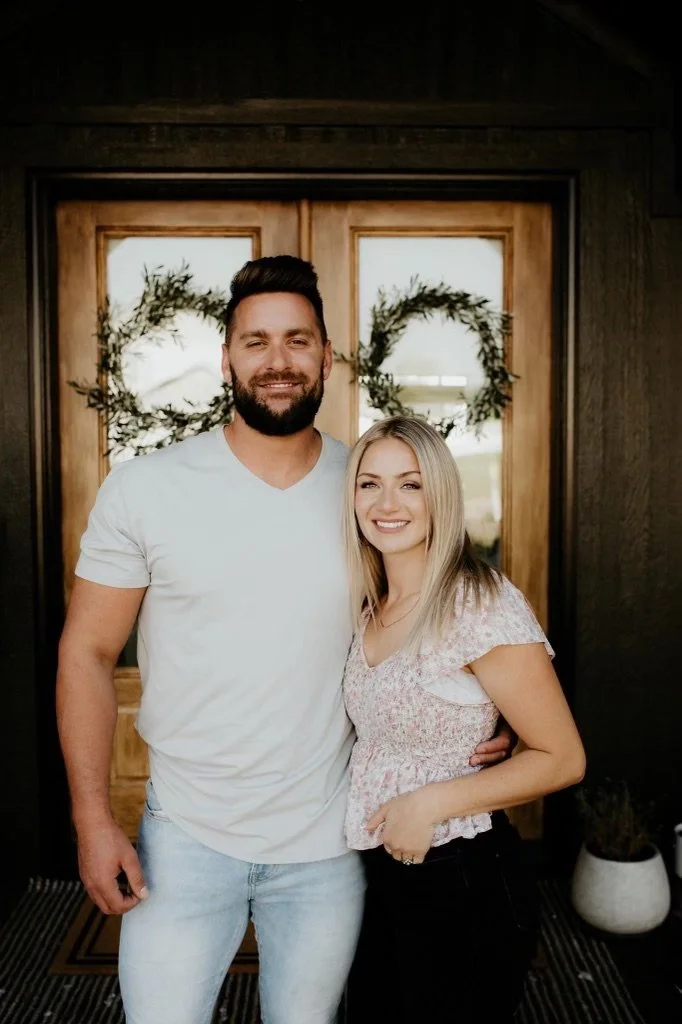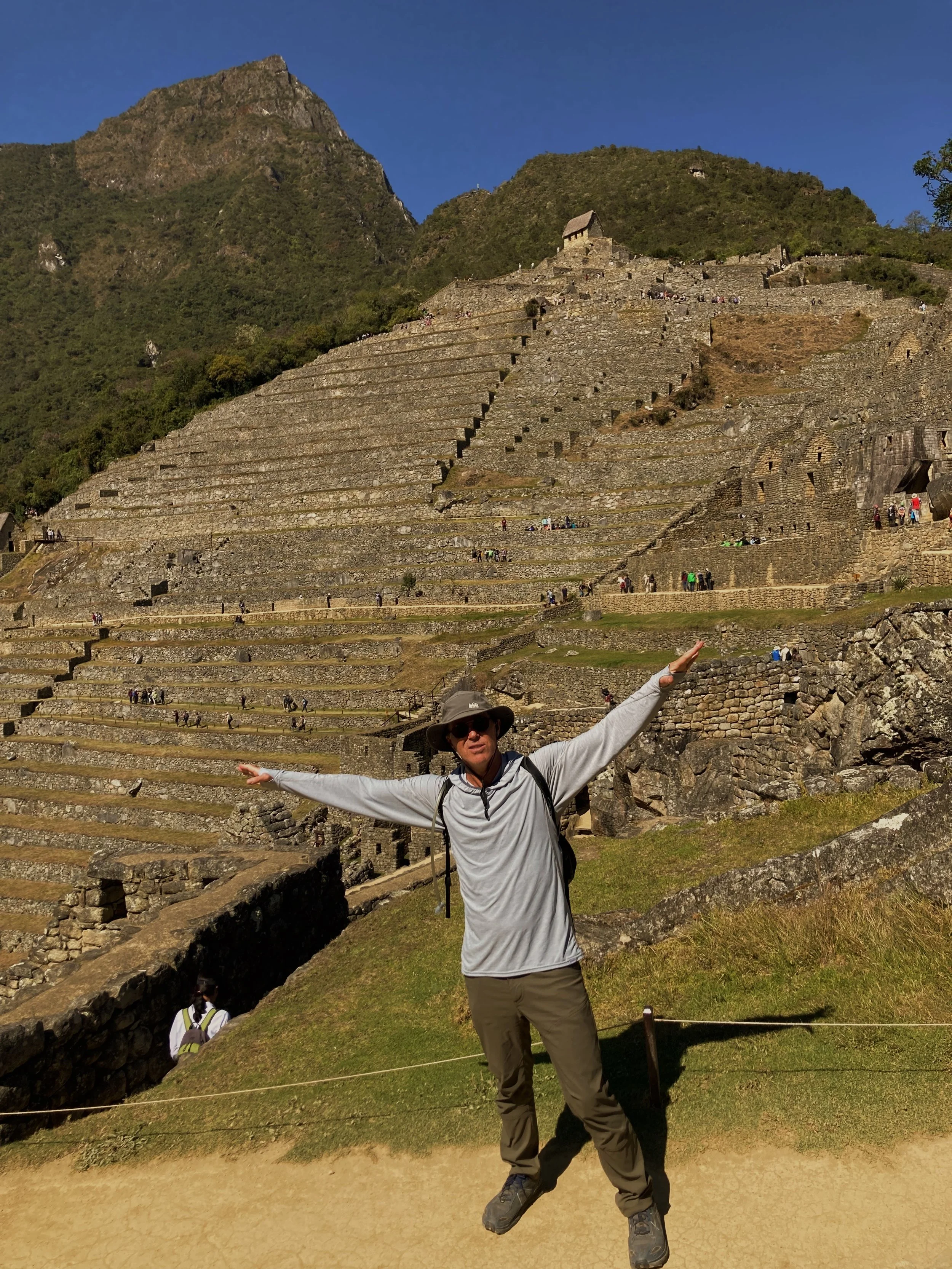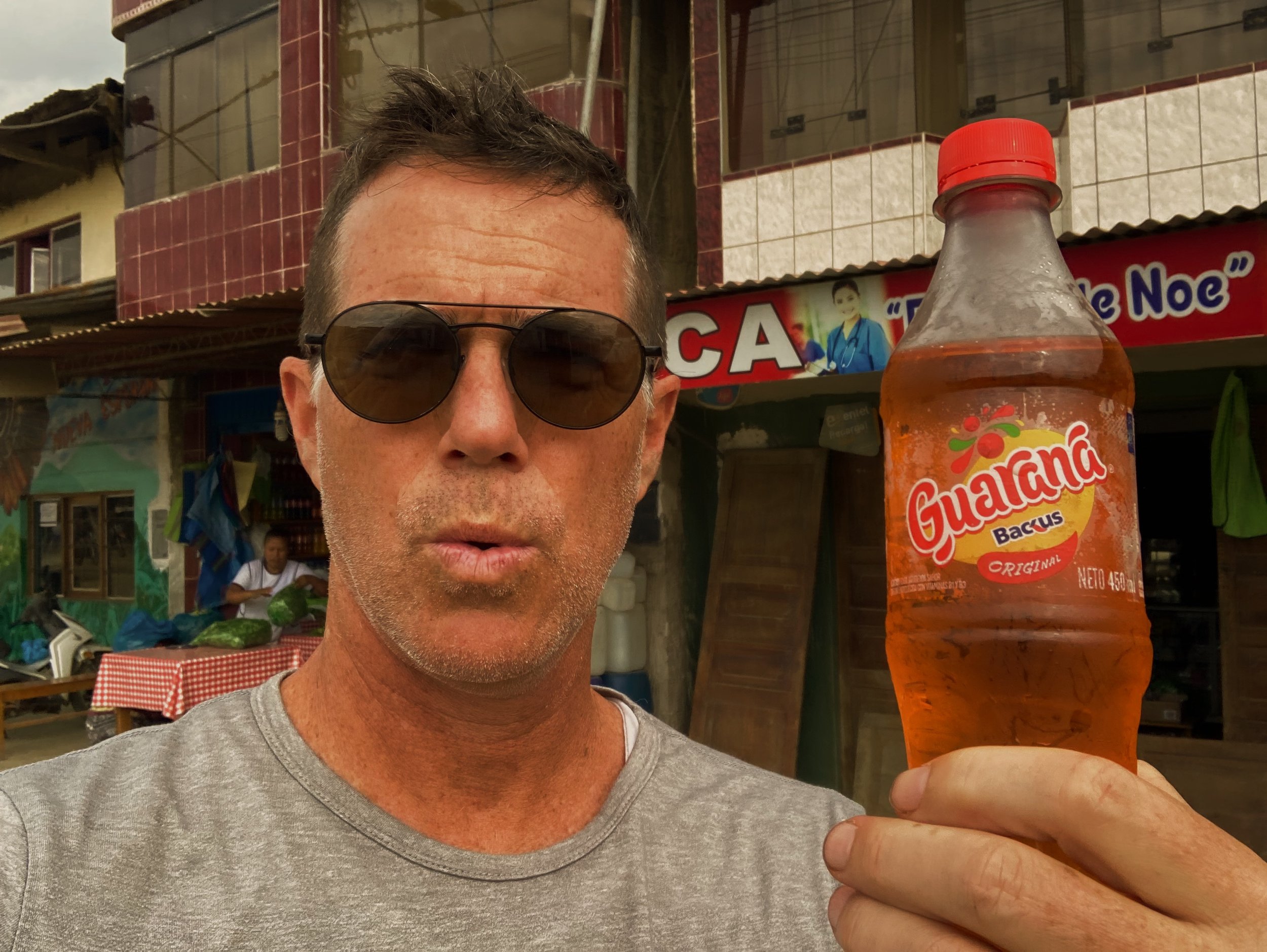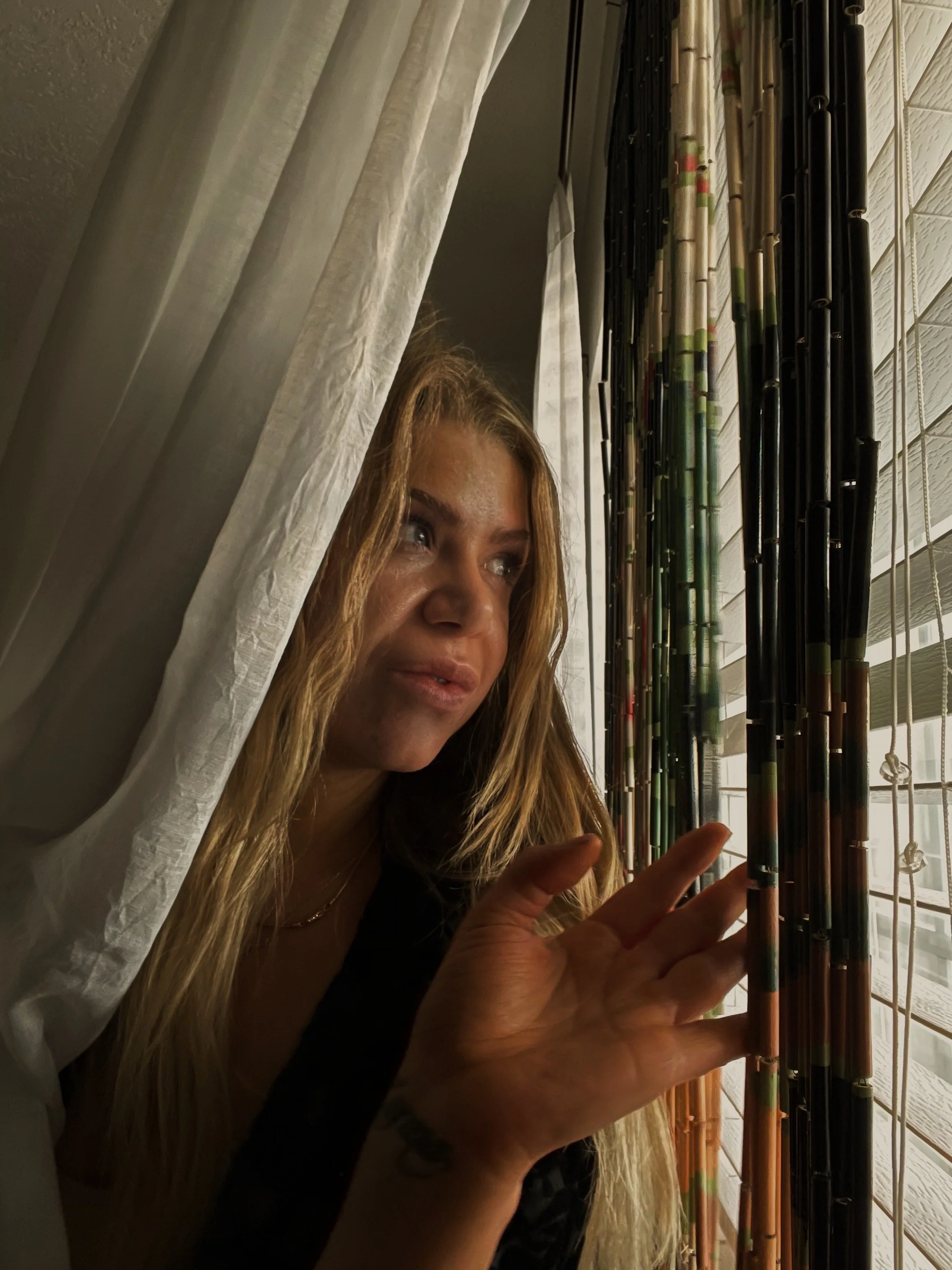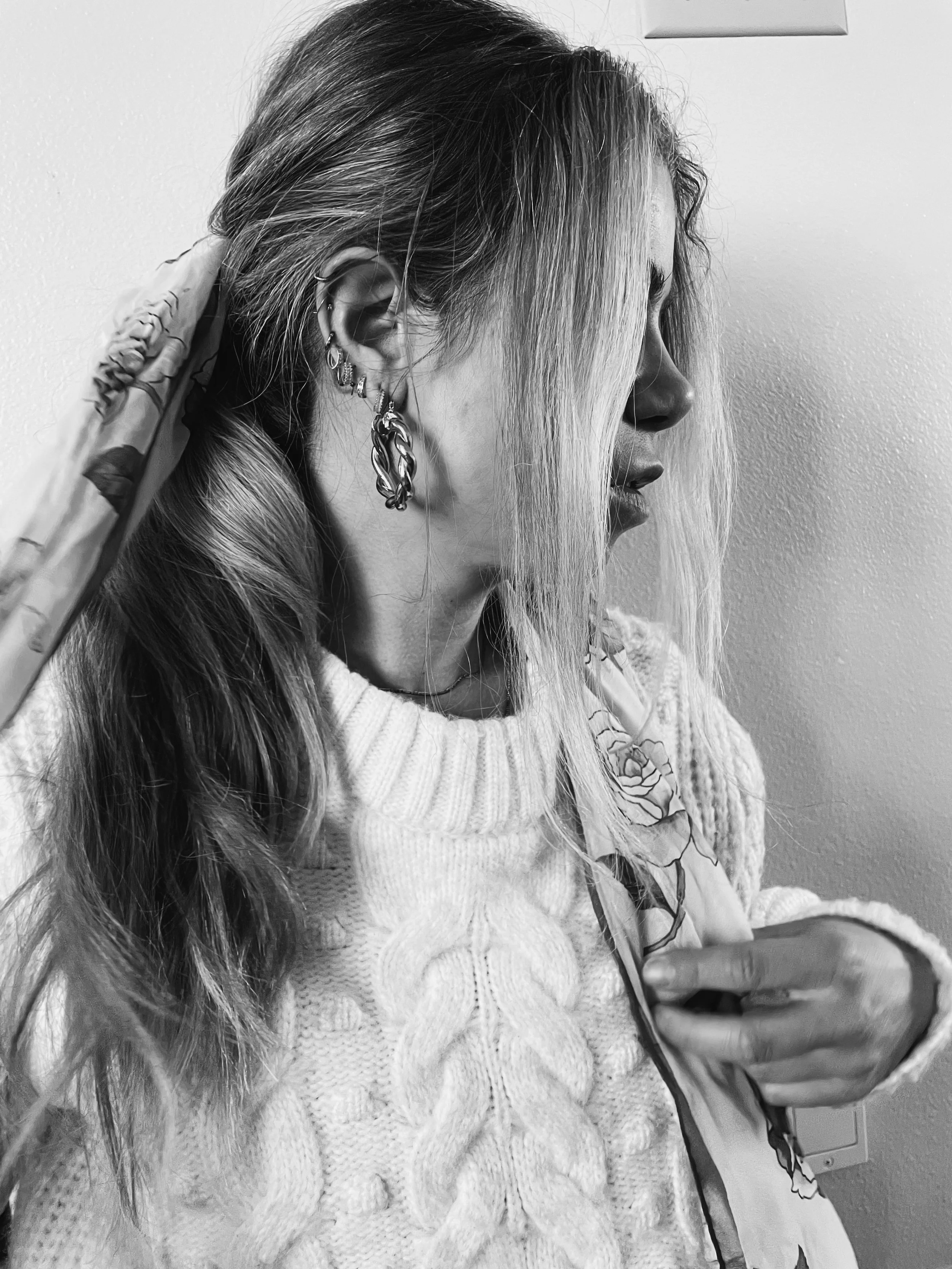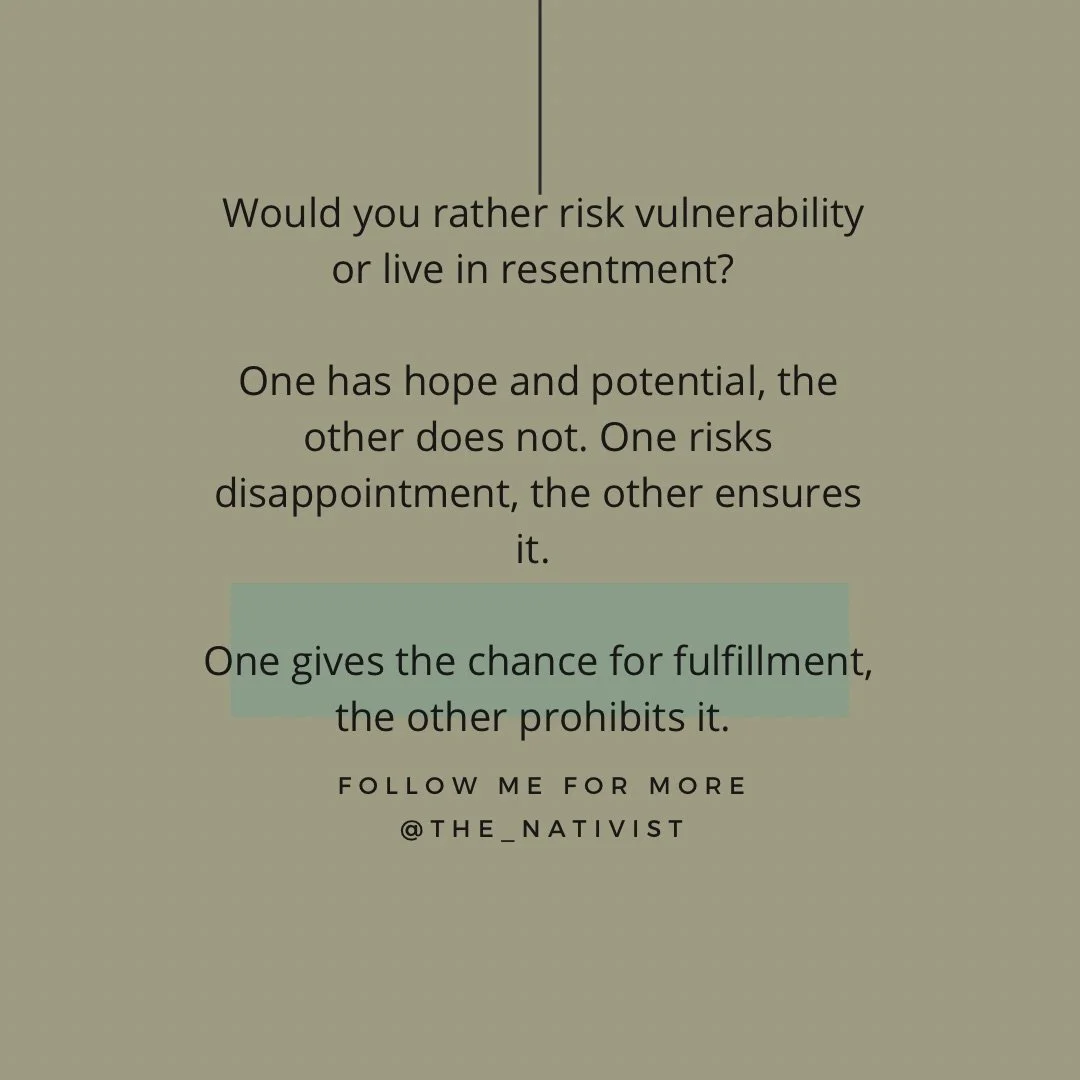I’ve copied and pasted my previous blog post on this (to save you some clicks!):
Body. This area is near and dear to my heart. It's been my passion and focus for more years than I care to count. The truth is...
My body and I haven't always been on the same team, for which I take full responsibility. Blinded by lofty aesthetic and fitness ideals, I tried to force my body into what it wasn't. Superhuman stamina or bust. Six pack or bust. Each day I demanded improvement. It was unacceptable to me to do less than the day before. Rest days were laughable. Just one more rep than the day before. Then one more. Then one more...
With a pace and mentality like that - without the chance to recover - it doesn't take long for your body to B U R N out. And I kept up that pace for a disgustingly long time. I still marvel at how my body kept up with me as long as it did. At the height of it, I was working out over 5 hours A DAY. And we're not talking light jogs - we're talking going A L L O U T. For example, here was a day in the life:
5:00 am: Wake up and do an Insanity video. Add additional cardio before and after the video started jusssst to make sure I was getting all I could from the workout. After the video ended, repeat a few of the parts I feel I didn't do as well.
7:00 am - Park my car as far from where I was going as possible, so I could squeeze in some extra walking miles to and from classes at ISU.
11:00 am: Kickboxing/aerobics class
3:30/4:00 pm: Arrive to Gold's Gym early, so I could knock out some extra cardio
4:30 pm: Pilates
5:30 pm: Hip Hop Aerobics
6:30 pm: Body Pump [weight-lifting class]
7:30 pm: Zumba
*In between all of this, I was working and going to school full-time, demanding excellence of myself in those areas as well
By nature, I have an all-or-nothing personality (something I've really had to work to overcome). My days were for working/working out, and my nights were for winding down and eating. In my mind, eating was part of relaxing and releasing - not something I did throughout the day to, ya know, FUEL MY BODY. (facepalm) For so long, I denied my body's screams for adequate rest. For solid nutrition. For self love.
As you can imagine, my body wasn't too stoked about my regimen, and I wasn't too stoked about my body's refusal to obey. I felt more and more sluggish. Each step was a chore. I wanted to cry, thinking about drumming up the energy to get through each day, yet each time it came to work out, my OCDness kicked into gear and I'd force myself to do just as much or more than the day before. I was terrified of losing the "progress" for which I'd battled (little did I know, my lack of rest was actually hindering progress). Again, in my mind it was all or nothing: if I didn't do as much as I'd done the day before, then all was lost. Ironically, people at the gym nicknamed me "Energizer Bunny" - little did they know how untrue that was. Rather than energy, it was sheer stupid determination powering me.
As you can see, that drive for "greatness" is a slippery slope. It's always been my biggest strength and biggest weakness.
Eventually, my body waved the white flag. It just.couldn't.sustain.that pace. It had run on fumes for far too long, and it had had enough. I'd magically produce the energy for hard workouts, but could barely put one foot in front of the other otherwise. My sleep suffered. My concentration suffered. I had unshakeable brain fog. My adrenals were shot and my metabolism was wrecked. Add into the mix pre-existing thyroid and sleep issues, and you have a recipe for total disaster.
While I hold myself fully accountable for the hell I put my body through, I'll be honest: positive feedback from people partly fueled my fire. Even if I didn't initially set out to drop weight, I soon started hearing from people how "fantastic" I looked. How inspirational I was. To "keep up whatever" i was doing "because it's working." The compliments were intoxicating. Naturally, I thought, "What the hell did I look like before? Clearly this is a necessary improvement - I need to keep this up!" To be fair - the complimenters were good-intentioned and had no idea of the true story, but... I will be FOREVER grateful for the very few people who had the courage and compassion to see through the exterior and tell me I looked too thin and worn out. To me - it felt like they were eliminating the pressure to keep it up. They were giving me permission to put down the gloves and quit the fight. That's why to this day, I am always careful about complimenting a person's weight loss - especially if I'm unsure of their motivations/methods. I never ever want to add fuel to their fire. If I do comment, I try to emphasize their fitness - rather than aesthetic - gains.
Why did I just dump on you like this? Not because I wanted to blab about myself. Not because I wanted to elicit sympathy/pity/awe/etc. My SOLE REASON for bringing you in on this is to prove recovery is possible. TRULY. And to help along your journey of self-acceptance and healing. I would love nothing more.
I'll tell you a secret: I always thought people who said they recovered from body issues were, well...FRIGGIN' FULL OF IT. I thought, "They're just selling a line" or "Yeah, they must not have felt as intensely about it as I did." I never ever ever ever ever ever (times 1,000) thought I would ever be able to achieve balance and have a healthy relationship with my body and fitness. I was convinced I was doomed to a life of hating and resisting my body.
Well, guess what?!!
IT REALLY AND TRULY IS POSSIBLE. It definitely is not instant. It takes time, effort, persistence, and DESIRE. It takes internal and external support. It takes commitment to being on the same team as your body. And honestly - that's when the magic happens, when you recognize the phenomenon that is the human body, and all it does for you. Once I stopped resisting, things fell into place. Once I truced with my body and allowed it to do its thing, it delivered tenfold. The key is listening to your body. I eat more and work out less, all while looking and feeling better than ever. And there have actually even been times in the past where my body naturally dropped significant weight easily and effortlessly without killing myself. The body has its own reasons for doing what it does - so your best bet is to befriend it. Trust me.
My one and only focus now is feeling good - now and long term. That one objective drives all of my decisions: what I do with my body, and what I put into it. It's just a bonus that I look in the mirror and like what I see, but that's no longer my motivator. There is an undeniable power in getting on the same team as your body. Your body is an intelligent and powerful force. It already knows what it needs, in regards to diet, exercise, rest... All you have to do is tap into that intuition and sync up with it. That's it. Your body naturally does the heavy lifting (literally and figuratively). Get out of your head - especially if it's filled with impossible ideals of how you "should" look - and make friends with that bod of yours. Through this blog, I will share tips and tricks I've found useful on my path to healing. And if you're one of those lucky souls who's never personally faced such issues - as long as you have a body, this blog section is for you! I will share tips in general for looking and FEELING your best. LET'S DO DIS.
xx,
-w-






